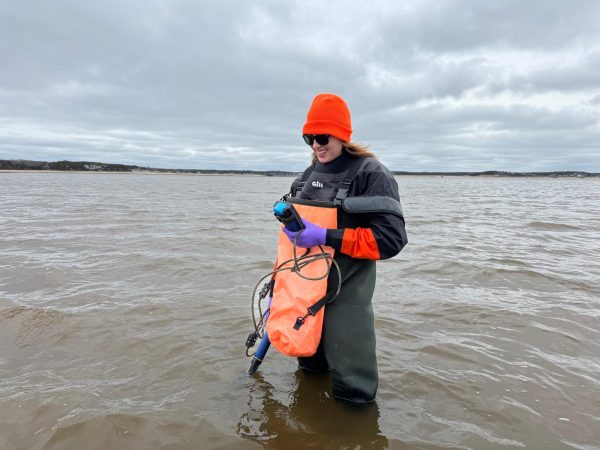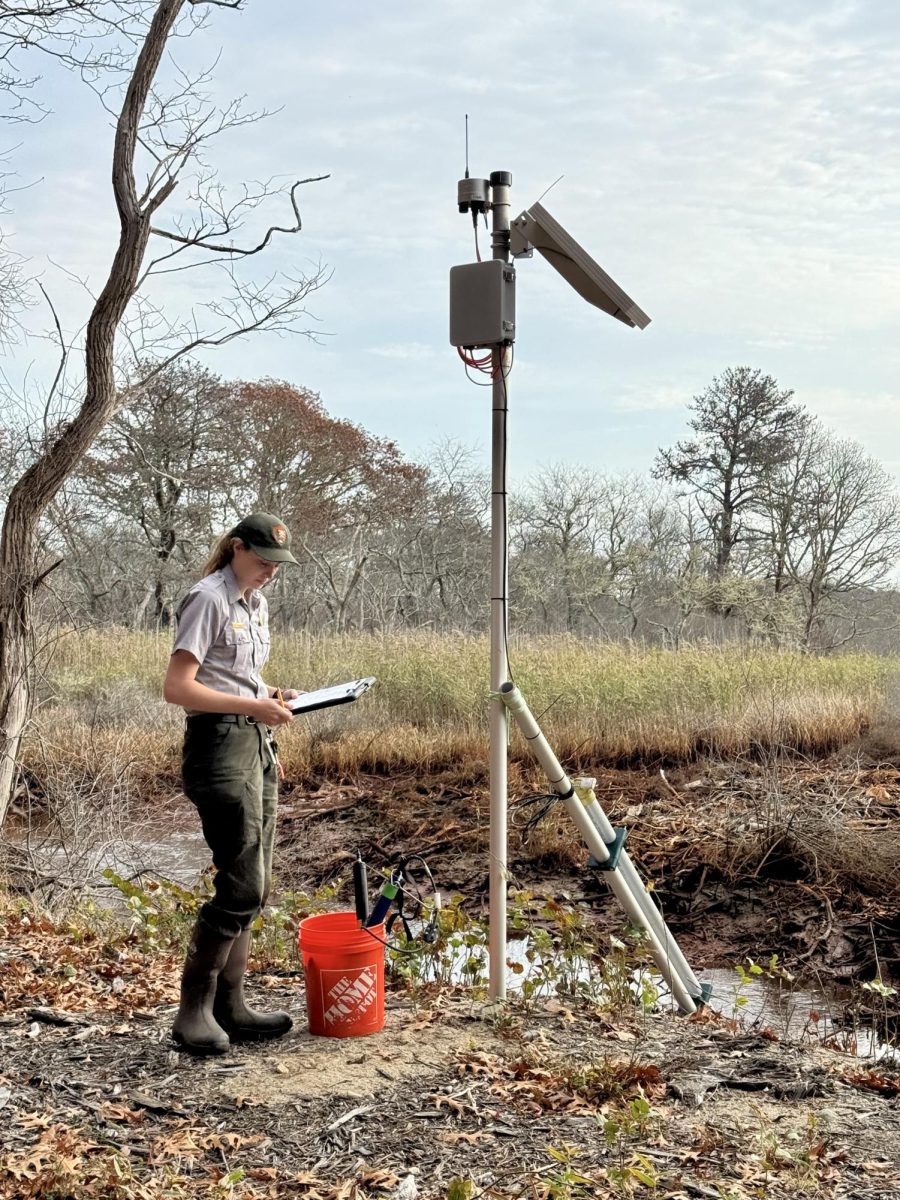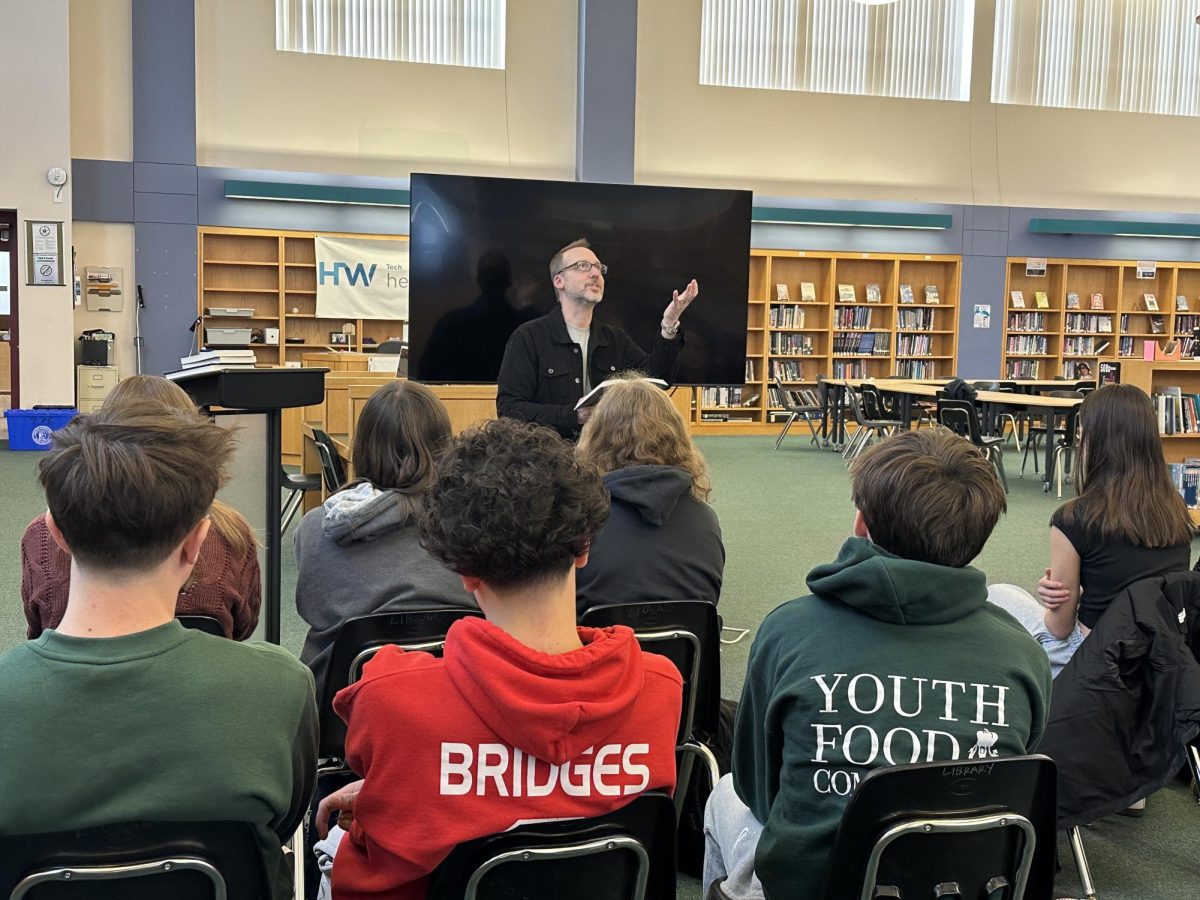As of March 2025, about 1,000 National Park Service employees were fired due to the Trump administration’s recent efforts to lower federal spending. Rangers, scientists, and other important employees have all been let go, leading to anger and concern among American Citizens. While some believe these cuts will benefit our country, many disagree, saying that the destruction of our national parks and the beautiful land they preserve is not worth the extra cash.
Kyrsten Boswell, a former Cape Cod National Park Service employee, reflects on being fired, saying, “It was a shock because I had been doing my job [and] I was fired in an email by someone who I don’t know.”
It seems that this is a common theme. Nicholas Garber, a current Cape Cod SeaShore park employee, gives insight into the emails, stating, “It’s a big deviation from how things normally work. The email—the first time I saw it, I thought it was a scam email. The email address just looks like a scam. The email was not very well written; it looks like a seven-year-old probably wrote it. It’s weird.”
However, how the email was written isn’t the only surreal aspect. Garber shares his thoughts on the process of receiving it, saying, “Usually you have this administrative structure where things get passed down through various levels of leadership and then finally get to people like me, and instead, we’re all just getting this one email. It’s weird.”
The process the government is using to lay people off clearly does not come off as professional or thorough. It seems careless, almost as if they don’t have the time or energy to edit it or make it seem real. This adds a cold, careless tone to the emails, which translates to a tense work environment.
Garber went on to talk about what it is like working as a National Park employee now, saying, “The biggest difference I noticed isn’t necessarily in the facilities. I would say the biggest difference is with the people, in terms of the park employees. It’s kind of a tense environment right now because everyone’s kind of unsure what’s going to happen next, so when the park does get a lot more visitors, I don’t know how that’s going to reflect in terms of people getting really burnt out.”
Garber said many employees, even those who have been with the park for years, are scared of losing their jobs. This is but one of many concerns that park rangers and employees have. Because the number of employees is decreasing, the primary focus is on how the parks will function when more visitors start coming.
Boswell expressed her concerns about the upcoming seasonal positions. She said, “There’s a lot of uncertainty right now because, along with the probationary employees being terminated, there’s been a hiring freeze for the seasonal people.”
Boswell revealed that typically the park hires five employees to help with the busy spring and summer seasons. However, only three have been hired so far, and they will start behind schedule.
She said that while hiring employees “was opened back up, it’s going to be severely delayed. I don’t think the seasonals will be allowed to start until mid-April, and they usually start mid-March.”
This is a problem because, as mentioned, it puts stress on the remaining workers and possibly degrades the quality of the park service, both for visitors and the animals that live there year-round.
Seasonals aren’t the only things affected. At the park, Boswell participated in monthly water quality sampling. During these sampling periods, she assessed the amount of iron or chlorophyll in the water.

“These are really important parameters for the shellfish beds in Massachusetts, and shellfishermen really rely on that data to understand what’s going into their oysters because oysters absorb and feed in the water columns. So whatever’s in the water is going to be in your oysters. So there have been a lot of concerns that we’ll not be able to continue this monitoring that has been going on since the 70s,” Boswell said.
This monitoring loss is affecting oysters, local restaurants, and tourist destinations because of their food quality and appeal. Local restaurants, museums, and other tourist-based businesses may face serious problems in the coming months.
Additionally, if the park were closed a couple of days a week, tourism would drop, and many restaurants that are only open seasonally and depend on tourist revenue would struggle.
Garber also expresses his worries, saying, “There are a couple of museums and stuff down here, like History Of The Cape and [others], that would definitely be impacted by lower visitation. Those kinds of businesses suffer as a whole when these parks can’t operate as they normally do.”
“It’s not even just the federal government. It’s taking money away from local municipalities that makes their livelihood around the parks.”
“At times like these, we need to support those impacted because, soon enough, we will also be impacted. Understanding the issues this is causing is no longer enough. We must raise awareness and show those in charge how important the parks are.”
Boswell says one way to continue supporting the parks is to continue visiting. “Just because the parks have been negatively impacted by this administration’s efforts to downsize [due to government mandates], doesn’t mean you shouldn’t visit a park.”
“Keep going to your national parks. But be aware that there are fewer employees than there should be. They’ve been bogged down, it’s been a really stressful time for a lot of people who are incredibly passionate about the work that they do.”
Another way to show support and evoke change is to sign a petition. The cuts to national park services are clearly negatively impacting local communities for a variety of reasons. Although these cuts may benefit our government’s goal of decreasing spending, they are destroying nature, local companies, and, for some, a dream job. As a country, we need to get our priorities straight and start putting the well-being of our planet and people first.
UPDATE: As of the week of April 9th, Kyrsten Boswell has been rehired as an ecologist for Cape Cod’s National Seashore due to a judge’s ruling that her firing was illegal. She reports that while she is happy to have her position back, she still feels hurt and betrayed by the government and its lack of support for the National Park Service system.














